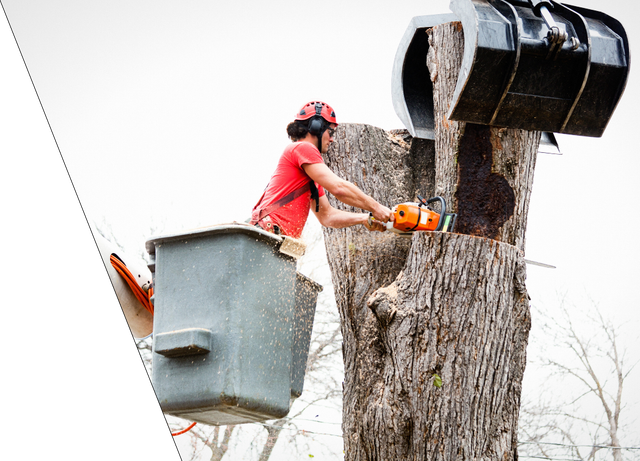All Categories
Featured
The removal of trees can create open areas that are vulnerable to weed intrusion. When trees are existing, their thick canopies typically shade the ground, limiting the quantity of sunshine that reaches the soil. Nevertheless, after the elimination of trees, these open areas receive enhanced sunlight, giving excellent problems for weed growth.

To deal with weed invasion and maintain the stability of the ground, specialists in tree removal can provide valuable advice on effective weed management approaches. They may suggest making use of compost, which serves as a protective obstacle on the dirt surface, avoiding weed seeds from sprouting and subduing weed development.

The existence of trees fosters an abundant and varied neighborhood of dirt microorganisms. Tree roots offer a source of raw material, exudates, and nutrients that sustain the development and task of advantageous soil bacteria. When trees are eliminated, the absence of their roots can interrupt the delicate equilibrium of the dirt's microbial community.
What Do Tree Cutting Wollongong Services Include?
This modification in pH can impact vitamins and mineral schedule, microbial task, and overall soil wellness. To address the effects of tree cutting on dirt pH, tree removal experts can offer important advice. They may advise dirt screening to evaluate the existing pH degrees and establish the essential modifications. Based upon the outcomes, experts can suggest pH change approaches, such as adding lime to elevate dirt pH or including essential sulfur to reduce it.

It refers to the compression of dirt fragments, resulting in lowered pore area and boosted dirt density. This compaction can negatively impact the soil's capability to operate ideally, influencing its water-holding capability, nutrition schedule, and root penetration. Proper strategies employed by tree removal specialists can assist decrease compaction and maintain the dirt's capacity to keep water, and permit for appropriate air movement and cautious tools handling.
Latest Posts
Who Has The Best Stump Removal Wollongong?
What Do Tree Cutting Services Wollongong Services Include?
What Is The Best Wollongong Council Tree Removal Company?